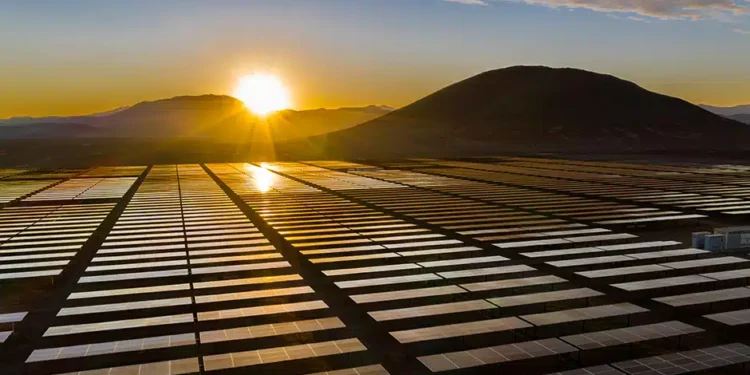Not too long ago, SUSI Partners, which is performing on behalf of its SETF fund, bagged debt financing for Chile’s 107 MW portfolio of photo voltaic initiatives.
It’s stated that they entered the financing take care of the Banco de Credito e Inversiones (BCI), one of many Chilean financial institution’s branches based mostly in Miami. The financial institution will not be solely performing because the lender but in addition as an administrative agent. The deal additionally includes the Norwegian monetary companies group, DNB.
Additionally learn: Latest Updates on Mammoth Solar Project in Indiana. USA’s next largest solar project
With the entire portfolio anticipated to be absolutely working by the tip of 2024, the greenfield distributed initiatives are at the moment below development. The initiatives are stated to learn from regular costs below the PMGD regime in Chile.
SUSI acquired the portfolio of photo voltaic initiatives as a part of the deal entered into with BIWO Renovables. BIWO Renovables is a inexperienced power developer based mostly in Chile. It has numerous expertise in finishing up distributed inexperienced power initiatives.
Who holds Chile’s portfolio of photo voltaic initiatives?
The portfolio of Chile is held by SETF, the evergreen power transition fund’s flagship from SUSI. It additionally holds a portfolio that’s broadly unfold throughout OECD international locations. This contains the manufacturing of fresh power, battery power storage, power effectivity, and buyer power options. It additionally gives the infrastructure wanted for electrical automobile charging.
SUSI is seeking to develop itself additional within the Chilean clear power market over the approaching years via the partnership. It’s stated that at the moment, the market is quickly rising.
SUSI exhibits its dedication via its initiatives to finest follow the requirements of ESG. It is a essential issue relating to acquiring debt financing from respected monetary organizations.
SUSI and BIWO are additionally actively partaking with native individuals, prioritizing native suppliers, and making up for the momentary agricultural losses. They’re additionally urging individuals to reuse and recycle development supplies.



